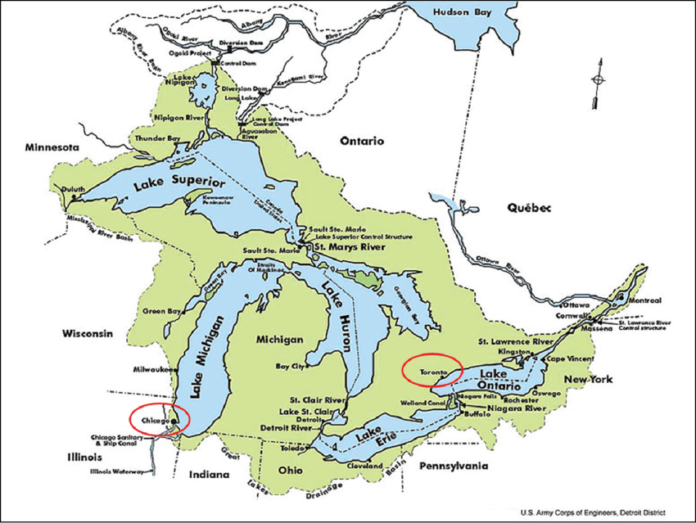Drought is an issue that has plagued Southern Ontario and British Columbia in recent years. This is why the Council of Canadians has been against the major bottled water corporation, Nestle, and their pumping millions of litres of water from watersheds in Wellington County, Ontario and Hope, British Columbia. The Council of Canadians, a leading social justice organization, has opposed this issue by propagating a petition to “protect water,” and boycott Nestlé.
On their website, they discuss the finity of groundwater resources, which are already greatly impacted by droughts and climate change. They believe, “Water is a human right, commons and a public trust, to be shared, protected, carefully managed and enjoyed by all who live around it – not a source of profit.”
Recent highlights concerning the country’s water extraction practices include Saskatoon pushing the city to examine and limit water bottle usage, a University of Guelph student releasing a thought-provoking piece on the commodification of water, and a poll showing that 82 per cent of Ontarians would like an end to bottled water extraction permits such as the one Nestlé possesses. Subsequently, the Ontario government considered whether to extend their temporary moratorium (issued in 2016) on these permits, which ended on Jan. 1, 2019.
The Council of Canadians then goes on to detail the concept of Blue Communities, an initiative meant to encourage municipalities and Indigenous communities to engage with a water commons framework – a line of thinking centered around the concept that water is a public good for all with passing resolutions, such as recognizing water as a human right and banning or phasing out the sale of public water.
Nestlé’s continual extraction of groundwater is relevant as groundwater, a valuable resource in and of itself, has a significant impact on the quality of surface water. Groundwater, as indicated by the name, is stored underground in rocks and stones known as aquifers. Groundwater is a major source of drinking water for rural communities, supplies the water for irrigation, and replenishes the surrounding lakes, rivers, and wetlands. Reduced quantities of groundwater aquifers often lead to the rising of groundwater to the surface, affecting the life and biodiversity of the surrounding environment due to agricultural runoff and related issues. Furthermore, the depletion of groundwater across the globe has become a significant concern, as groundwater is an important and often unsustainable source of irrigation water in farming and the production of crops.
Nestlé’s unceasing extraction of water, often from Indigenous lands, has left reserves and Indigenous communities without running water and worsened droughts and conditions in rural Ontario and British Columbia. To learn more, go to https://canadians.org/nestle?page=1.






























